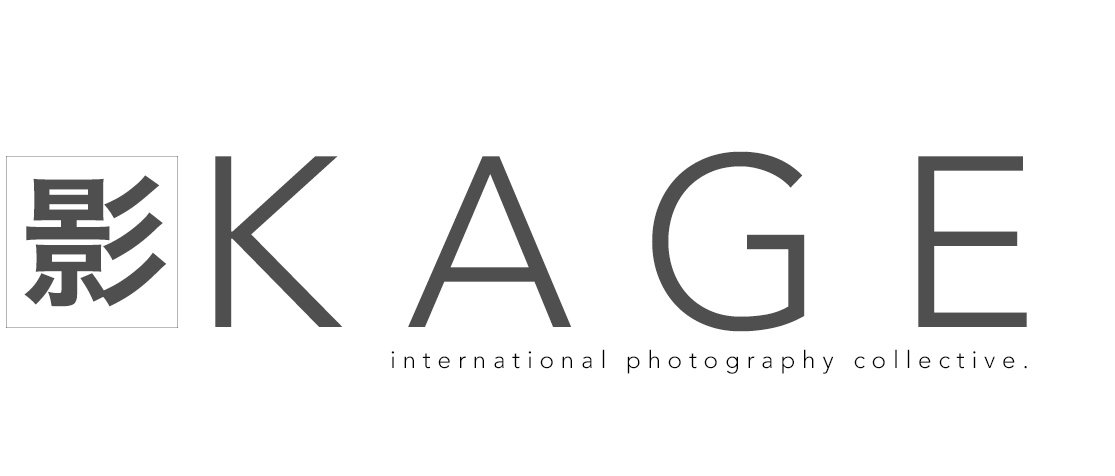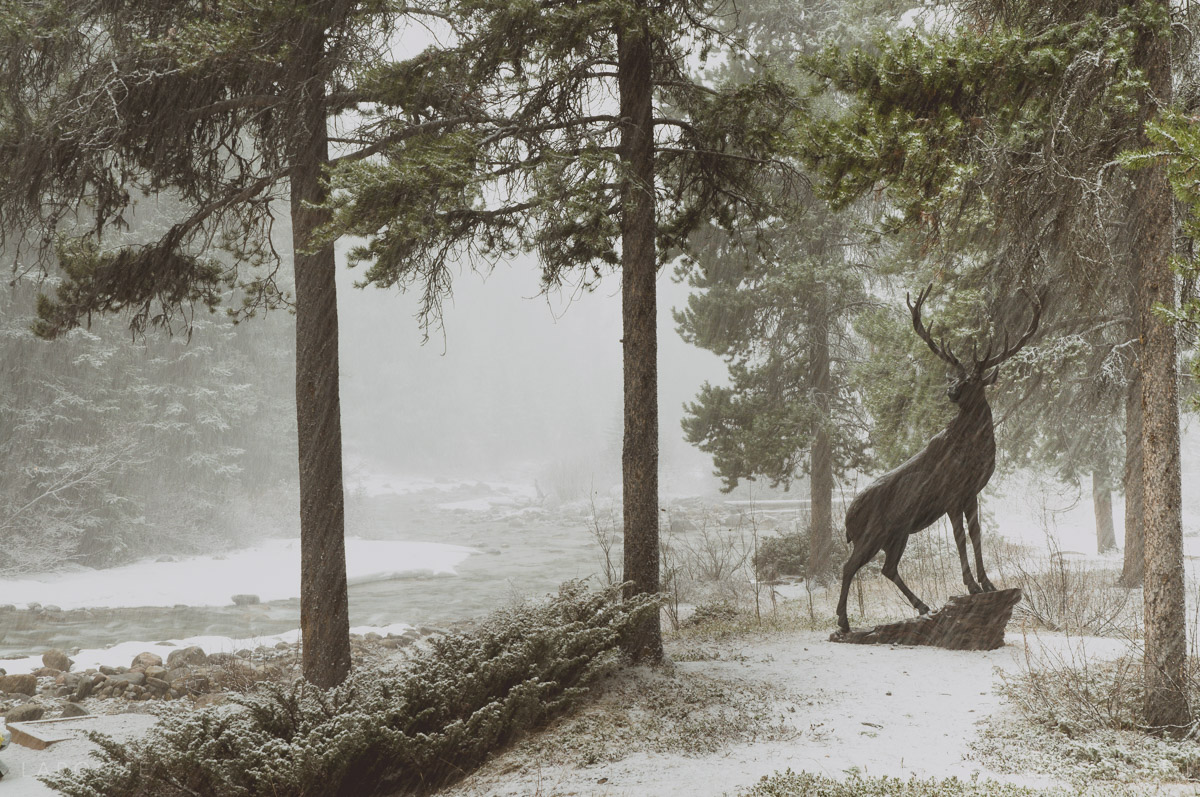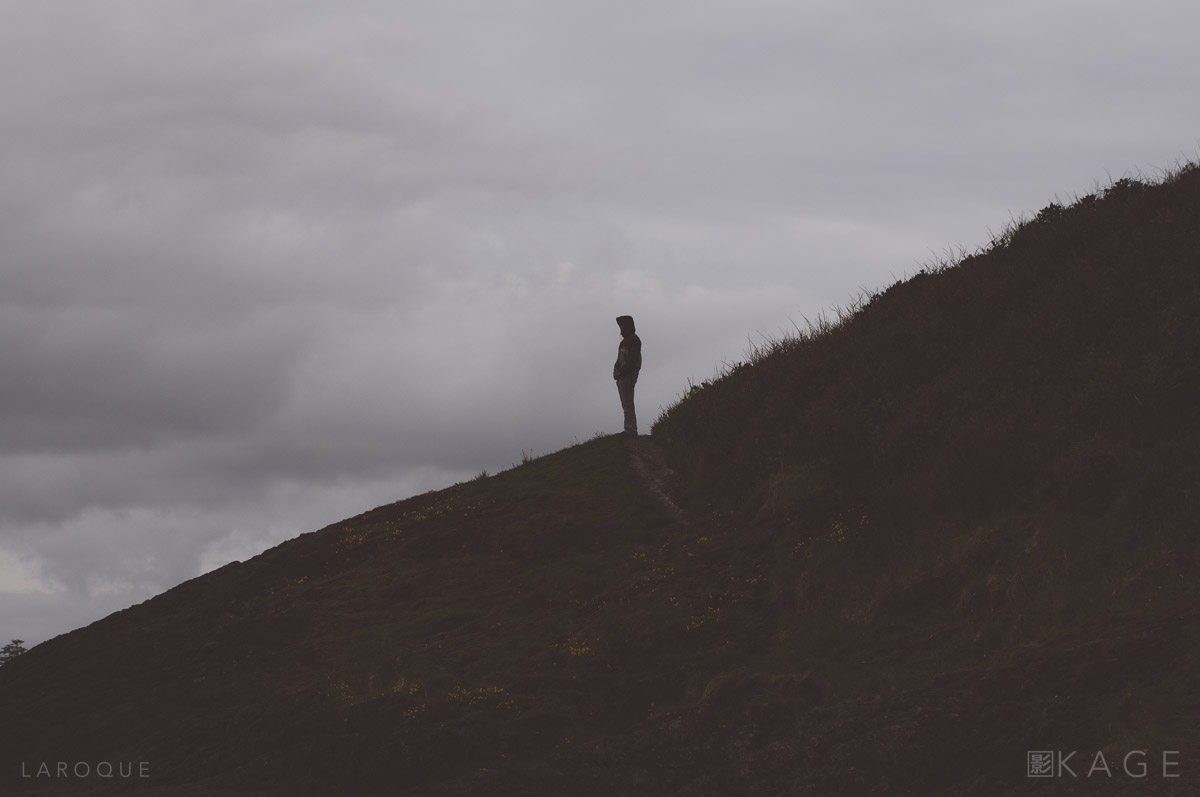Text and photography by Patrick La Roque
I should've been happy. I had a beautiful wife and three young kids. We had the house, the cat, two cars, a big screen TV. The whole damn shebang.
But I wasn't.
No matter how much we rebel, we're psychologically conditioned for that white-picket-fence-technicolor-happiness dream. It's measurable, it can be identified, quantified. It puts happiness in a nice little box we can hold up like some gold-plated bowling trophy. Too bad it doesn't actually translate into anything.
Truth is I had a hole in me the size of Quebec and Ontario put together, and to anyone from the outside looking in...for no obvious reasons. Yet here I was, creatively empty for the first time in my life, watching days fall around me like dominos, weary and guilty. Something had to give but I'd moved beyond the action threshold. Paralysis had set in. So my wife pushed: "take the car" she said "grab your camera and go west. Do it. We'll be fine."
I did.
I went all the way.
I'm what you could call the embodiment of the 1970s Trudeau vision: a Quebec francophone perfectly at ease in either French or English, straddling the cultural fences, proud of both heritages. Ours is a complex country when it comes to identity and we've somehow come to accept the term two solitudes when describing the perceived dichotomy between francophone and anglophone. Alone together. Forever segregated in enclaves, big and small.
The differences certainly exist—any fool can see it. But it's such a reduction of what we truly are: we're nothing short of a cultural multitude spread across this ever changing landscape. As I rode the Trans-Canada highway I found a country of extremes and incredibly beautiful emptiness. Such emptiness. A luxury really.
The barren sprawl of the Shield above Lake Superior. The endless Prairies with enough sky to drown in. The Badlands. The Rockies. Seasons changing hour after hour, from rain to snow and then flowers in full bloom. The Okanagan. On Route 3 I saw an old woman riding bareback, carrying the weight of centuries, proud and windswept. I slipped out of time—the snake is long—nothing out here is ever the same.
Miles and miles later I would find myself standing on a small beach in the town of Ucluelet, completely alone before an immense turquoise expanse. Jewel waves crashing the rocks beyond a small bay. The Pacific.
I would stand there, slowly beginning
the long voyage home.
That was six years ago. Before Fujis, before essays...before the beginning, really.
The voyage was a solitary one, with very little in the way of human interaction. And not surprisingly, without consciously pursuing any kind of set agenda, the pictures I took all seem to express that feeling of isolation and loneliness. The country feels abandoned, filled with ghosts and a few stranded silhouettes passing through. The eye sees what the mind wishes to see. The camera captures what the eye sees—and so on.
I guess I needed time to parse everything. Time to let those images settle and breathe on their own. To find the process. Time to decrypt and decipher the myths, interpret my own perceptions. I've come to realize, looking back, that I don't believe in two solitudes. In the end there really is but one solitude, all encompassing. One solitude for all inhabitants of the Territory, for all citizens of these vast and desolate landscapes that stretch between oceans and mountains. A Mari Usque Ad Mare.
In the end we're all riding the same deserted highway...desperately seeking to kickstart our soul.
As for home, well...sometimes leaving is the only way back.
















